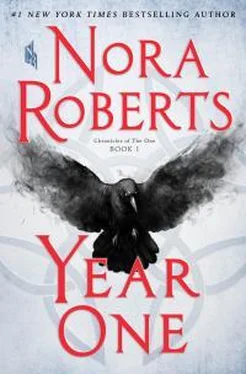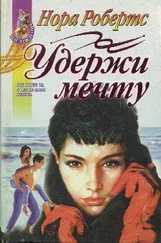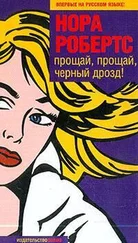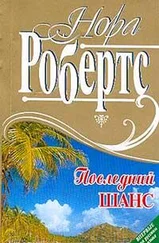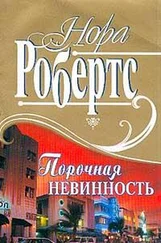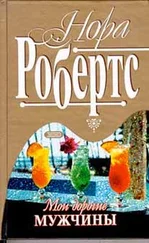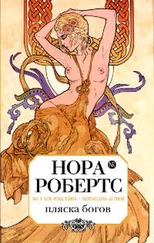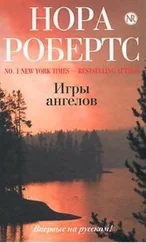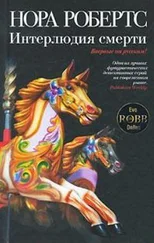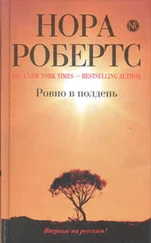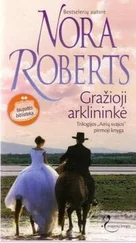“Fuck you, Steed.”
A quick laugh, the jerk of a zipper. “What I know is the freaks are hurting more than you, which is why we’re driving all over hell and back looking for some knocked-up demon whore.”
“I find her first, I’m putting a knife straight through her and the brat inside her.”
“Witches have to hang or burn.”
“That’ll come. We oughta go through these couple of cars here, see if there’s anything worth taking.”
“Forget that. We got a gas mart about twenty miles east. Better pickings.”
Lana kept her grip tight on the gun as she felt the car rock.
“Piece of shit anyway.”
She held her breath as the footsteps moved on, as doors opened and slammed again. She lay still as an engine roared to life, tires squealed.
She counted the knocks of her heart one by one even after the car sped off, as silence fell again.
“I wouldn’t have let them touch you,” she murmured as she crawled out of the backseat on trembling legs. “East. They’re going east, so we’ll go west.”
But not on foot. However long she’d walked and wandered, she hadn’t put enough distance between her child and those who wanted to harm her.
She’d risk the road, for now she’d risk it.
She got behind the wheel, laid the gun on the seat beside her. It took a moment to gather herself, to pull up the power she’d set aside since the day it had ripped through her in a red, killing rage.
When she held her hand out, the engine didn’t roar to life. It sputtered, knocked, caught. With the sun rising behind her, she drove.
The sun hung high when the car died. Leaving it where it stopped, she walked again with mountains rising around her.
Time blurred, walking, driving when she found another car, scavenging for food, for water. Though she asked herself how far would be far enough, she avoided any towns where people might have gathered.
How would she know if they held friend or enemy?
She closed away her old life, killed rabbit and squirrel, dressed them, roasted the meat over a fire made by power to feed herself and her baby.
She who’d once believed food could be, should be, art, ate to live, ate to feed what lived inside her.
Her world became trees, rocks, sky, endless roads, the pitiful thrill of finding a house that had fresh clothes, boots that nearly fit.
Comfort became feeling the baby move inside her. Joy became finding a peach tree and tasting the sweet, fresh fruit, having the juice run down a throat parched from the summer heat.
Safety became hearing no human voice but her own, seeing human shape only in her own shadow.
In those weeks since New Hope, she became a nomad, a wanderer, a hermit with no plan except movement, food, shelter.
Until.
She topped a rise thick with trees, then immediately crouched for cover.
A house sat on land that gently rolled, then flattened again. On the flat an expansive garden spread at summer peak. She dragged at the pack she’d scavenged, pulled out binoculars.
Tomatoes, red and ripe, peas, beans, peppers, carrots. Rows of lettuce, cabbage, hillocks of squashes, eggplant. The rising field of corn brought back the scent of blood, of death.
Of Max.
She curled up a moment, fighting off waves of sorrow and grief, then made herself lift the glasses again.
A couple of horses stood together, fenced off from a black-and-white cow, another fence line and black cows—beef cows along with a calf.
She scanned over a pen where five pigs lolled.
Chickens! The idea of eggs nearly brought tears to her eyes.
The house itself stood square and sturdy, simple white with a wide porch. A small, traditional barn stood cheerfully red.
She skimmed over a shed, a small, squat silo, a pair of windmills, a greenhouse, some ornamental trees and shrubs, what she thought might be a beehive. Beyond it more fields. Wheat, she thought, wheat, and maybe hay.
Obviously not abandoned, she thought, and, as a truck sat outside, someone was probably inside.
Eggs, fresh vegetables, fruit trees.
She could wait.
Waiting, she dozed.
The barking woke her, sent her heart leaping into her throat.
A pair of dogs raced around the front of the house, bumping together, tumbling over a patch of grass.
She lifted the glasses again as a man came out. Tanned, strong-looking in faded jeans and a T-shirt. He wore a ball cap over a shaggy mop of brown hair and sunglasses that obscured his eyes.
He loaded a couple of bushel baskets full of produce into the truck, walked back into the house. He came out again with two more before whistling to the dogs.
They both jumped into the back of the truck. After loading the other baskets, he got into the cab, drove away.
She counted to sixty, then counted again before rising.
She could hear nothing but birds, chittering squirrels. Using a hand to support her pregnant belly, she picked her way down the rocky slope, eyes trained on the house.
If he didn’t live alone, someone might be inside. Though she wanted to make a run for the garden, she approached the house cautiously, circling it to peer in windows.
Another porch ran along the back, and in the bold sun grew herbs. Pulling her knife she cut basil, rosemary, thyme, oregano, chives, dill, reveled in the scents as she pushed them into a plastic bag from her pack.
Someone could be inside, on the second floor. But she’d risk it.
She ran as quickly as her skewed center of gravity allowed and plucked a tomato from the vine. Bit into it like an apple, swiped the juice from her chin.
She picked pea pods, a handful of string beans, a glossy eggplant, tugged up a carrot, a bulb of garlic. She picked lettuce, ate a leaf while she gathered what she could carry in her pack, her pockets.
Apples, a little on the green side, went into her pack along with a cluster of purple grapes from a vine. She ate some where she stood looking down at two stone markers under the shade of the apple tree.
Ethan Swift
Madeline Swift
They’d died in the plague, Lana noted, in February, two days apart.
And someone—the farmer?—had marked their graves and planted a sunbeam-yellow rosebush between them.
“Ethan and Madeline, I hope your souls found peace. Thank you for the food.”
Eyes closed, she stood in the dappled shade, wished she could curl up under the tree and sleep. Wake in a world without fear and constant movement. Where Max could put his arms around her, and their baby would be born in peace and safety.
That world, she thought, was done. Living in this one meant doing what needed to be done next.
She glanced toward the clucking, humming chickens, imagined sautéing chicken in one of the pats of butter she’d hoarded, flavored with fresh garlic and herbs.
And figured while the farmer probably wouldn’t miss the vegetables, he’d surely miss a chicken. And since she might want to stay in the area for a day or two, she’d come back, relieve him of one of the hens before she moved on.
For now, she’d settle for a couple of eggs.
She walked through the pecking chickens into the open coop, where she found a single brown egg under a single roosting bird who seemed as wary of her as Lana was of it.
“He gathered the eggs earlier,” she murmured. “I’m lucky you held back.”
“She usually does.”
Lana whirled, the egg clutched like a grenade in one hand, her other thrust out ready to throw power and defense.
He held his hands up, away from the gun on his hip.
“I’m not going to give you grief over an egg, or whatever else you helped yourself to. Especially since you’re eating for two. I’ve got water if you need it. Milk, too. A little bacon to go with that egg.”
She had to swallow before speaking the first word to another human since she’d left New Hope. “Why?”
Читать дальше
